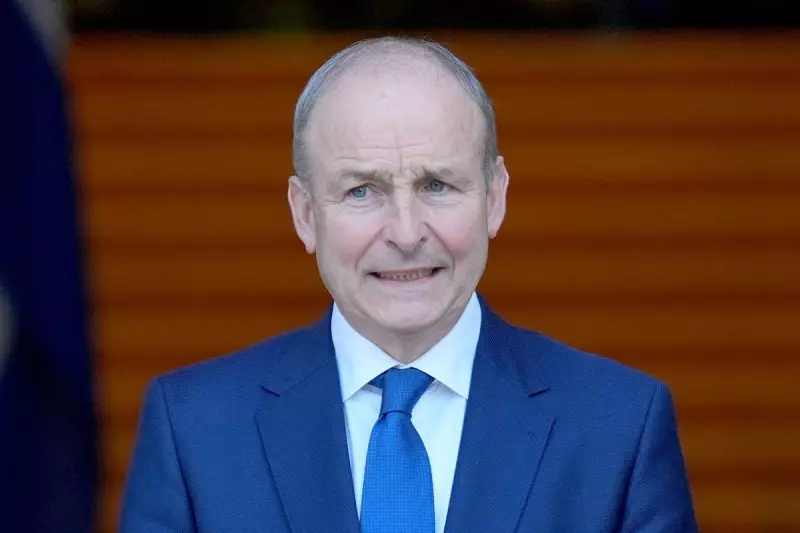
In a remarkable television appearance that has sent shockwaves through Irish political circles, Fianna Fáil leader Micheál Martin has delivered his most explicit condemnation yet of former Taoiseach Bertie Ahern.
The stunning rebuke came during an interview on RTE's The Week in Politics, where Martin left no room for ambiguity about his predecessor's political legacy.
The Damning Verdict
When pressed about Ahern's conduct in light of the Mahon Tribunal's findings, Martin stated unequivocally: "He should not have run for office" given what subsequently emerged about his financial affairs.
This represents Martin's clearest and most forceful statement to date regarding the controversy that has shadowed his party for years. The Fianna Fáil leader's comments suggest a definitive break from the era that once dominated Irish politics.
Tribunal Findings Cast Long Shadow
The Mahon Tribunal, which investigated planning corruption in Ireland, delivered findings that proved devastating to Ahern's reputation. The investigation concluded that Ahern had failed to truthfully account for numerous financial transactions during his time in office.
Martin emphasised that while the tribunal didn't find Ahern personally corrupt, the evidence revealed "a significant number of payments made to him that he didn't account for properly".
Political Fallout and Party Divisions
The public airing of these long-simmering tensions exposes the ongoing struggle within Fianna Fáil to reconcile with its recent history. Martin's comments highlight the delicate balancing act he faces in steering the party forward while addressing past controversies.
This intervention comes at a critical juncture for Irish politics, as parties position themselves ahead of future electoral contests. Martin's unequivocal stance signals his determination to draw a line under the Ahern era, regardless of the internal party consequences.
The interview has already sparked intense debate across political circles in Dublin and beyond, with commentators noting the significance of such a direct condemnation from a sitting party leader toward a former Taoiseach from the same political movement.






